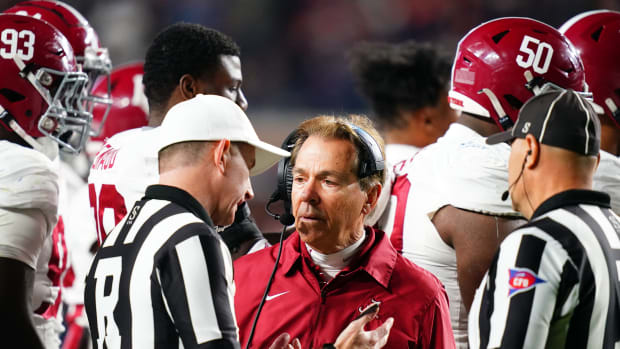
In Rare Legal Ruling, Utah Schools Ordered to Release NIL Contracts
On Monday, the State Records Committee in Utah issued a ruling in which it classified NIL contracts as public record under state law.
Utah schools are now required to disclose NIL contracts, but can still redact personal information such as home addresses and contact information. Universities have 30 days to appeal this ruling.
In a detailed legal analysis, the committee held that the contracts are not "education records" that are governed by the Family Educational Rights and Privacy Act (FERPA). FERPA is a federal law that prevents federally funded schools from releasing students' educational records without written consent.
"Not only are the NIL contracts not downloaded and retained by the universities, they are not associated in any way with the student's educational records that are kept in the registrar's office," the committee wrote. "The fact that the contracts are maintained by a third-party who is not a school official strongly indicate that the NIL contracts cannot be considered education records under FERPA."
Instead, the NIL contracts fall under the Government Records Access and Management Act (GRAMA) of the Utah Code. GRAMA governs the disclosure requirements of public records in the state.
The committee determined that the NIL contracts fall under GRAMA's definition of "public records," thus subject to its disclosure requirements.
Interestingly, the committee chose language that may underscore a deeper meaning behind their reasoning:
"To be clear, we don't believe that a student athlete forfeits all privacy rights just because they play a sport for their school, but it's evident that, at least for college athletes who are legal adults and playing sports that generate substantial sums of money for the university, some degree of privacy appears to be relinquished."
College athletes, in the aggregate, generate a considerable amount of money for universities in Power Five conferences—a reason why many attorneys are also arguing that student-athletes should be classified as employees.











